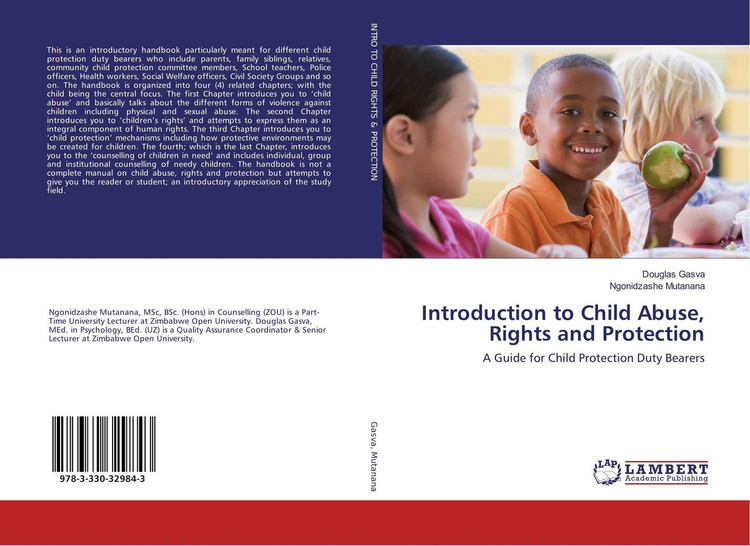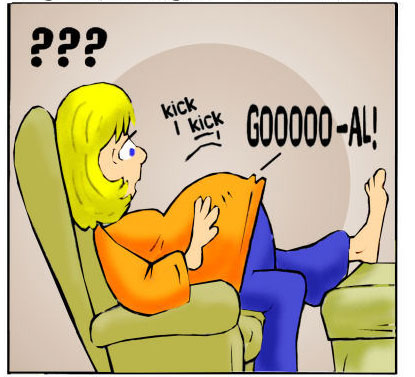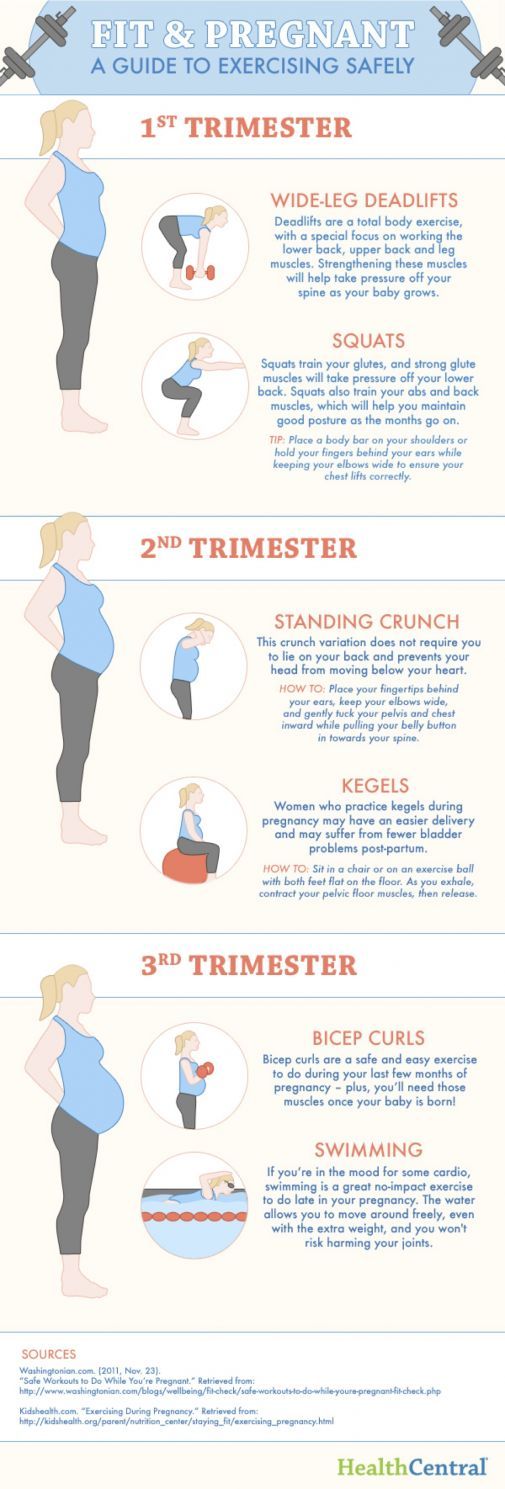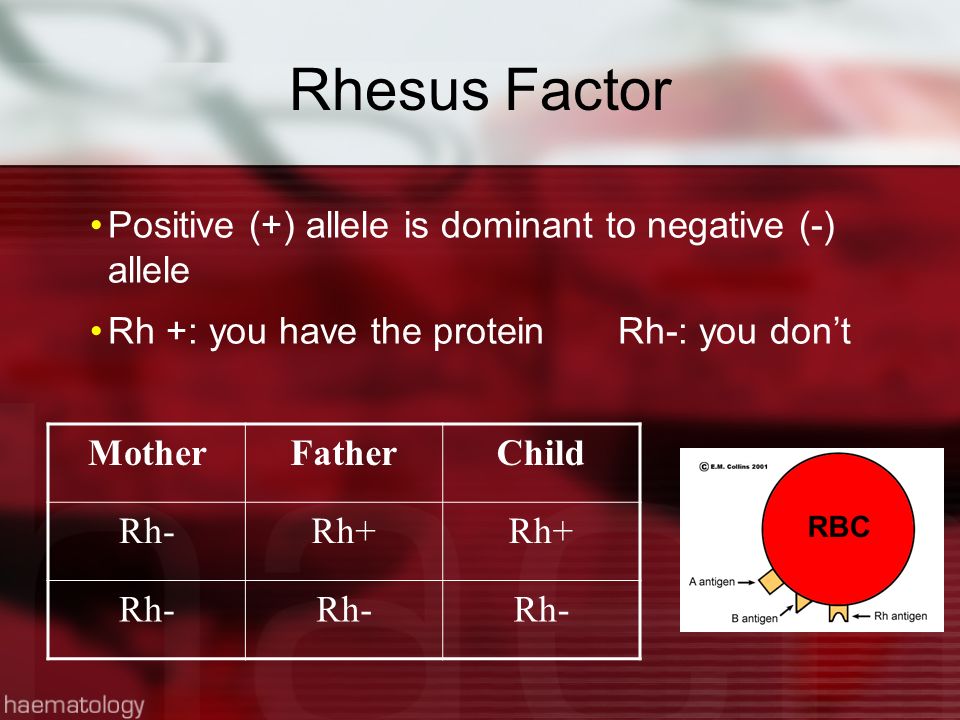How to get an order of protection for a child
Filing a Restraining Order or Protection Order for Your Child
A child protection order is a type of court order that is issued by a judge for the purposes of shielding a child from acts of child abuse or from exposure to domestic violence. It is most commonly used in situations where the child needs protection from an abusive parent or their siblings.
Each state has enacted its own separate laws for child protection orders. The varying state statutes will typically contain instructions on how to obtain a child protection order and what is included in the terms of a protection order. Oftentimes, the order will be based on the facts of a case.
Aside from protecting the child from abuse, the order may also contain information about visitation restrictions, property or document surrender, and the rules regarding contact with the child. For instance, the court may issue a no contact order against the father or mother of the child. This will require the abusive parent to maintain a specified distance from the child and prohibit the abuser from visiting the child at home or in school.
In extreme cases, the court may also require a parent under a no contact order to refrain from communicating with the child via phone calls, emails, social media, and/or other forms of communication.
Depending on the state where the no contact order is granted, these orders may be similar to your average restraining order, or the state may recognize it as a separate order. In cases where a state differentiates between the two orders, a no contact order will carry criminal penalties if violated.
How Long do Child Protection Orders Last?
There are three main factors that will determine how long a child protection order will last. These include the terms of the order, the length of time listed in its conditions, and what the state statute provides as standard expiration dates. Thus, child protection orders will vary according to state law and will depend on the facts of a case.
Some states, however, will limit protection orders to a 90-day time period, whereas others will set their statutes at three to five years. In general, the typical limitation for many child protection orders is one year, with the possibility of an extension.
In general, the typical limitation for many child protection orders is one year, with the possibility of an extension.
Once an order is issued, the child protection order will then be enforced by the court until more evidence has been collected for the case. For instance, if there is evidence that the child is still being abused, the court will not lift the order. Instead, the court may place a permanent restraining order on the abusive party, which can have an infinite duration.
If the child is in immediate danger, however, a judge will sometimes issue an ex parte order. This type of order refers to one made without the offending party present at the hearing. They are most often granted when there is an immediate need for relief or protection, if the other party cannot be reached, or if there is an emergency situation. In such cases, an emergency protection order can be obtained in a short time when necessary.
One other important thing to keep in mind about child protection orders is that as with any case that involves a child, the legal principle that the court will use to make a decision on whether to grant or lift a child protection order is the child’s best interest standard.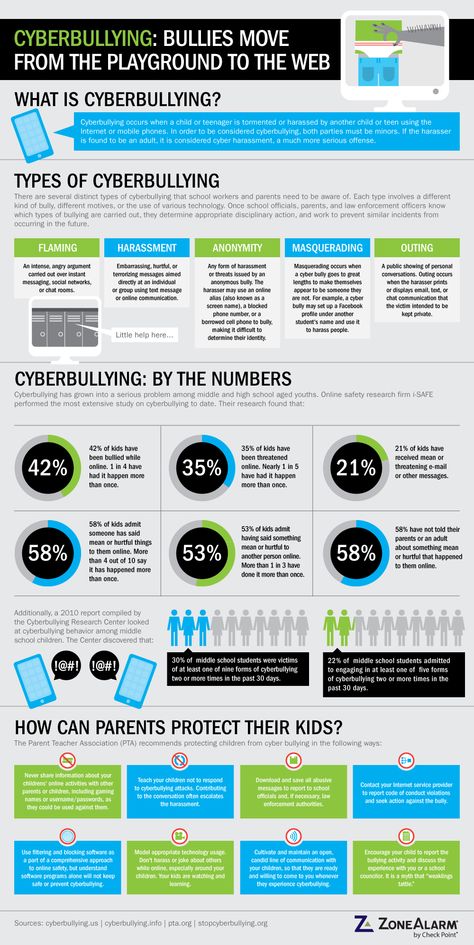
How Do I File a Child Protection Order?
As discussed above, the process for obtaining a restraining order against the father or mother of a child will primarily depend on the laws of a particular state since each one has their own set of requirements.
Generally speaking, however, a party seeking a child protection or restraining order will usually need to prove a valid reason for obtaining one. In some states, this may require the party to report an incident of abuse to law enforcement or child protection services. Next, the petitioner will have to fill out a form petitioning an order. These forms vary by state and also by the type of order the party is seeking.
Once the form is completed, the party must file it in the appropriate court where a judge will review the request. From there, the judge will either grant or deny the request. If it is denied, the party will have a certain amount of time to request a hearing based on the denial. If it is granted, the order will be issued and a hearing will be scheduled usually within 30 days.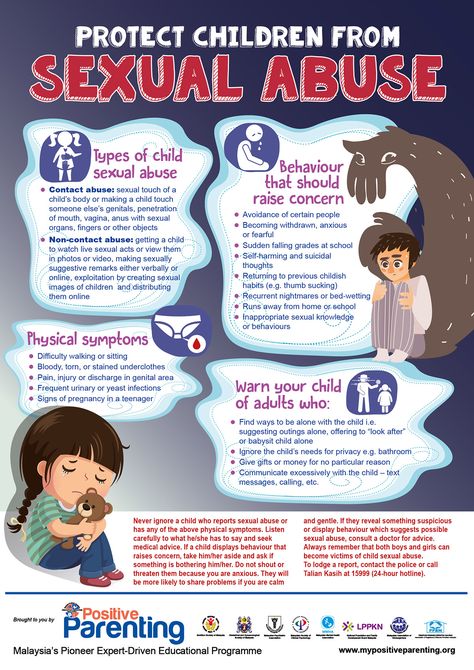
At the hearing, both parties will have a chance to argue their side of the matter (e.g., why or why not the order should be enforced). The judge will consider their arguments and decide whether to lift the order or issue a final protective order, which will last for a certain amount of time. The date the order expires will typically be written on the order itself.
What are the Legal Consequences for Violating a Child Protection Order?
The legal consequences for violating a child protection order will depend on the type of order it is, as well as the laws of the state in which it is issued. Violating a child protection order is a very serious matter that can result in both civil and criminal penalties.
If the child protection order carries criminal consequences, then the defendant can be charged with either a felony, misdemeanor, or as being in contempt of a court order. Regardless of which one the defendant is charged with, a conviction for any of the three can lead to a term of imprisonment and heavy fines.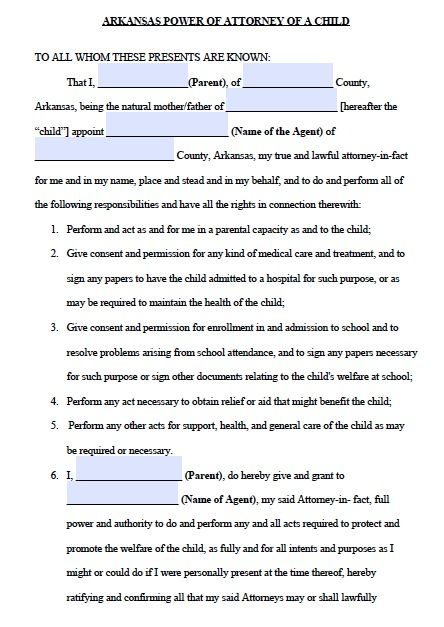
For example, all felonies can be punished by a fine and a prison sentence for one year or longer. In cases involving a violation of a child protection order, a defendant may be charged and convicted of a felony if they are a repeat offender or have committed a severe violation. In these instances, some states will impose a fine of up to $1,000, and a mandatory prison sentence.
In addition, a person who has a child protection order issued against them may not even have to violate the order to experience legal consequences. For instance, federal law dictates that those who are subject to a child protection order will be prohibited from owning a firearm. Other penalties a person under a child protection order may face is loss of certain parental rights, including the right to custody and/or visitation.
Do I Need an Attorney for Assistance with a Child Protection Order?
As discussed above, child protection orders are very serious matters. Oftentimes, they have far-reaching consequences that can impact the rest of your family’s life.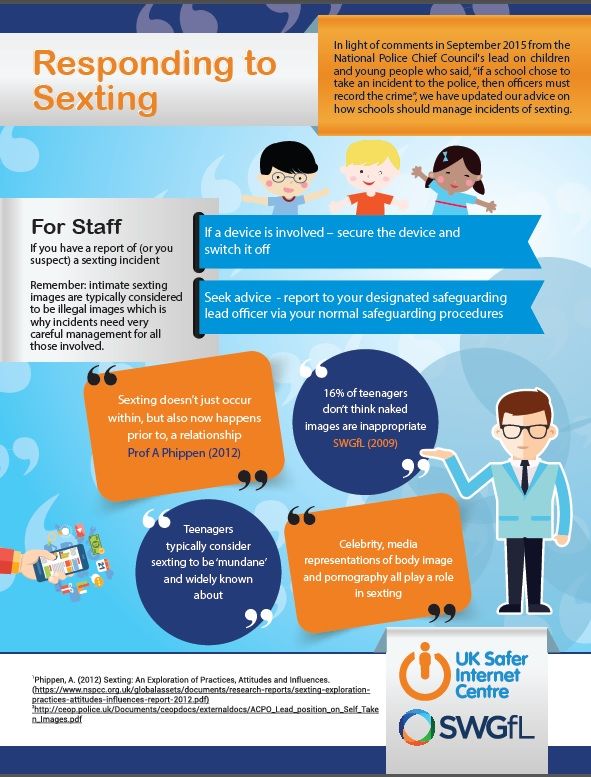 Therefore, whether you are seeking a child protection order or are currently accused of being in violation of one, you should contact a local family lawyer immediately for assistance.
Therefore, whether you are seeking a child protection order or are currently accused of being in violation of one, you should contact a local family lawyer immediately for assistance.
An experienced family lawyer will be familiar with the laws of your state, can explain how they affect your case, and depending on the issue, can discuss which remedies or defenses may apply. Your lawyer can also help you to enforce a child protection order, or alternatively, defend your rights against an accusation of violating one.
Lastly, if you are required to appear in court, your lawyer can provide representation on your behalf as well.
Orders of Protection | Office for the Prevention of Domestic Violence
Survivors & Victims
Learn more about what an order of protection is and how you can get one.
What is an Order of Protection
An order of protection is a court order requiring one person to do, or not do, certain things if a crime is committed
What “types” of orders of protections are there?
- Stay-away or full orders: the parties must “stay away” and have no contact directly or through third parties
- Refrain from or limited orders: the parties can have contact but must refrain from committing family offenses or criminal offenses (like harassing, assault, stalking, etc.
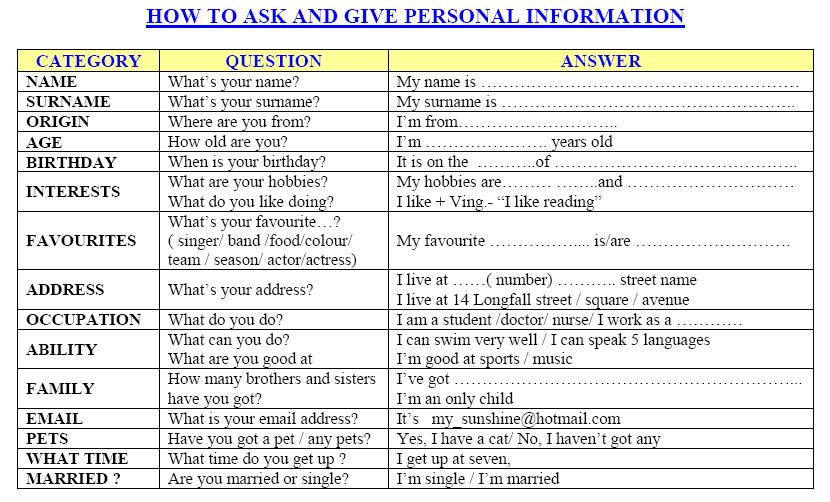 )
)
What does an order of protection do?
Any order of protection can order someone:
- To stay away from protected person and children and anywhere they frequent like work or school
- Not to commit acts that would be harmful
- To allow one party to go to residence with law enforcement to get their property
- To return important documents to protected party
- To allow protected person to terminate a lease
- To surrender firearms
In addition to the above, an order of protection from Family Court can:
- Give custody of children to the petitioner
- Make provisions for visitation
- Require the payment of child or spousal support
- Require respondent to pay petitioner’s legal costs
- Place respondent under probation supervision
- Require respondent to pay medical costs
- Require respondent to attend abusive partner intervention program
- Order anything else that is required to further the purposes of protecting the petitioner and children
How do you get one?
Family Court
Family Court judges can issue an order of protection if a family offense is committed.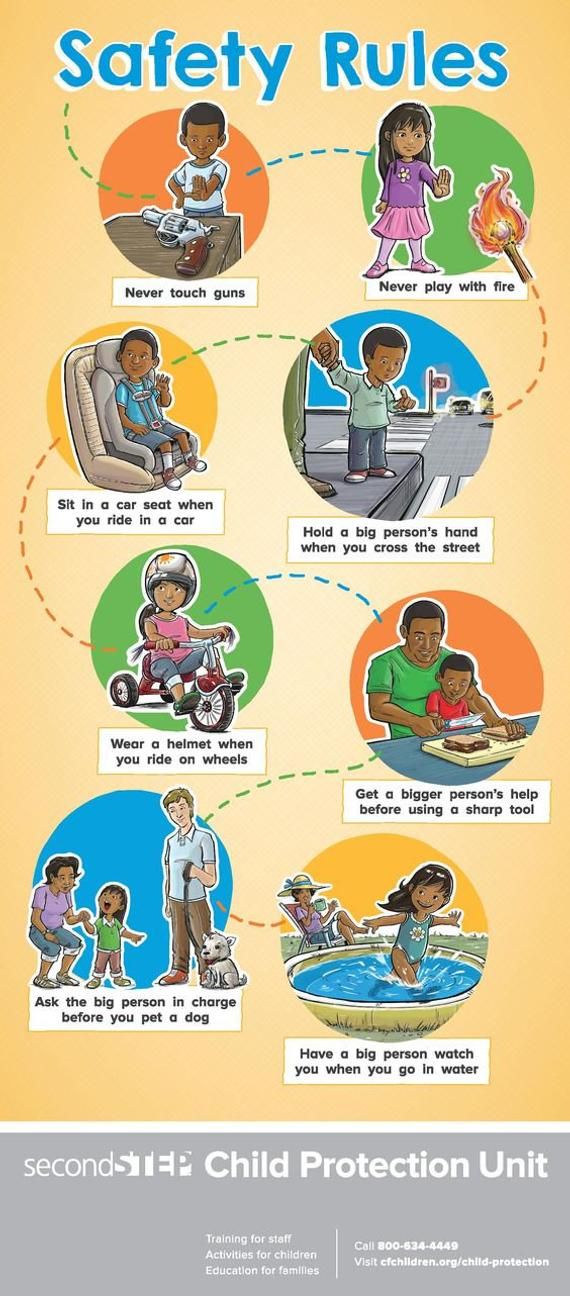 Some examples of a family offense are: disorderly conduct, harassment, assault, sexual abuse, menacing, reckless endangerment, strangulation, stalking and criminal mischief.
Some examples of a family offense are: disorderly conduct, harassment, assault, sexual abuse, menacing, reckless endangerment, strangulation, stalking and criminal mischief.
You can go to Family Court if you need an order of protection against your current or former spouse or intimate partner, the parent of your child or a person related by marriage or blood. This is also where you would go for custody, visitation, and child support.
First you would file a family offense petition with the Family Court clerk. An advocate can guide you through this process, but you can also file alone. After filing the family offense petition, a judge will ask to speak to you. If there is good cause, the judge will issue a temporary order of protection. There will be a future court date to determine if the order of protection will remain in place. Both parties must be at this future court date.
The other person must be served with the order of protection by police for it to be valid.
Criminal Court
If the abusive partner was arrested, a judge can issue an order of protection during arraignment.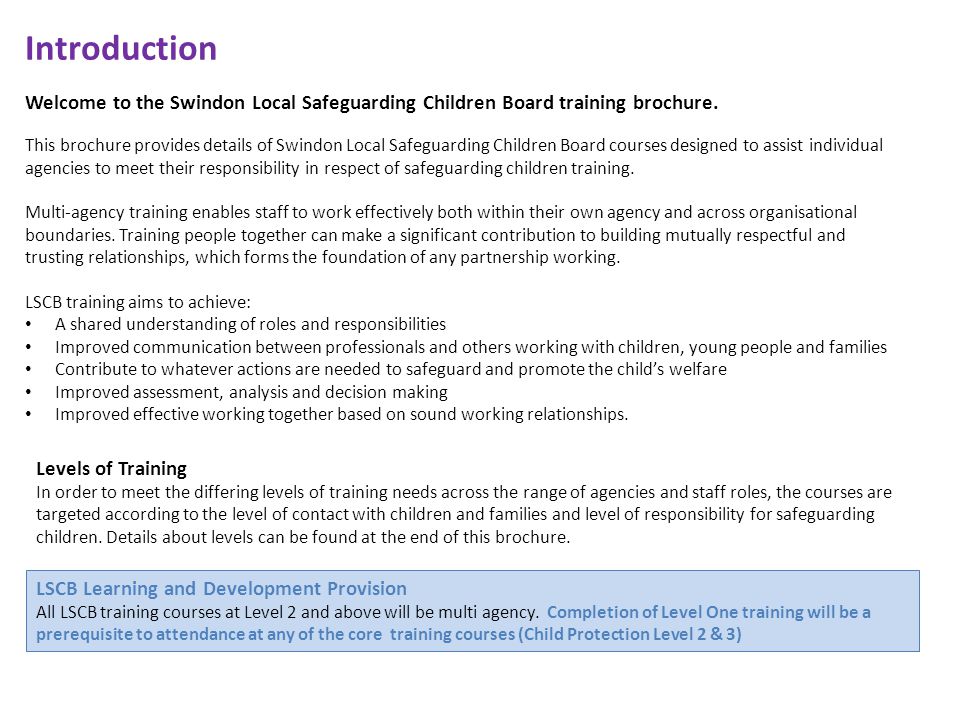 This order will be temporary until the case is resolved. A “final” order of protection may be granted as a part of a plea deal or sentencing.
This order will be temporary until the case is resolved. A “final” order of protection may be granted as a part of a plea deal or sentencing.
Supreme Court
A Supreme Court judge can issue an order of protection as a part of a divorce order.
How long does it last?
A temporary order of protection will last at least until the next court date. From there it can be extended until the matter is resolved. A Family Court order of protection can last up to two years. Under aggravating circumstances, a family court order may last up to 5 years. A final order of protection from Criminal Court can last up to 8 years depending on the matter or what crime is committed. An order of protection from Supreme Court as part of a divorce is permanent.
What happens if it's violated?
The abusive partner could be arrested and charged with criminal contempt.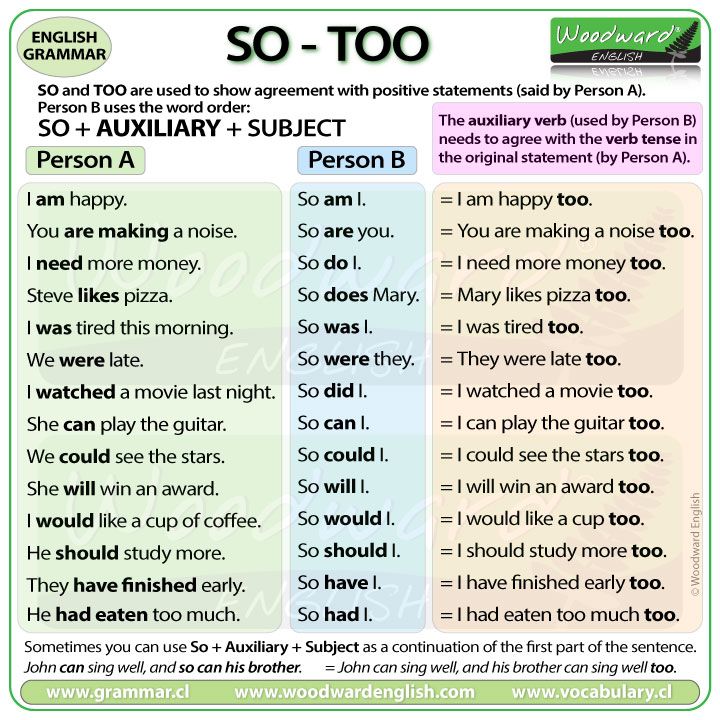 Criminal contempt is charged when someone ignores a court order. They may be brought back to court to have additional requirements imposed or go to jail for some period of time.
Criminal contempt is charged when someone ignores a court order. They may be brought back to court to have additional requirements imposed or go to jail for some period of time.
Can the protected party violate?
An order of protection exists for safety reasons, so it is never recommended to contact the person who you have an order of protection against. However, it is not legally possible for a protected party to violate an order of protection.
How do I get rid of an order of protection?
An order of protection can only be changed by a judge and it is up to their discretion. An order of protection exists for safety reasons, so it is never recommended to change or get rid of an order of protection.
It is planned to introduce "protective orders" for victims of domestic violence
https://ria.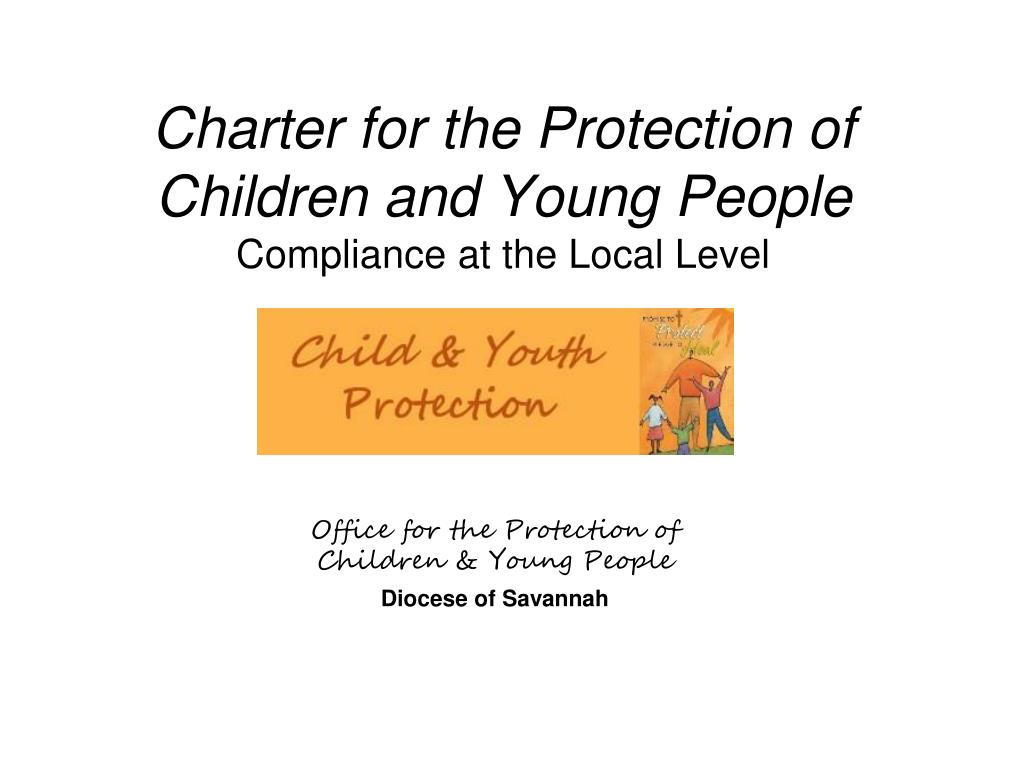 ru/20210309/order-1600436138.html
ru/20210309/order-1600436138.html
orders" - RIA Novosti, 09.03.2021
Plans to introduce "protective orders" for victims of domestic violence
It is planned to issue a "protective order" to victims of domestic violence and their relatives for the time that the "tormentor" will undergo psychological courses. This initiative RIA Novosti, 09.03.2021
2021-03-09T12: 12
2021-03-09T12: 12
2021-03-09T13: 41
Society
State Duma of the Russian Federation
Oksana Pushkin
Russia
9000/HTML/Head/Head/Head/Head/Head/Head/Head/Head/Head/Head/Head/Head/Head/Head/Head/Head/Head/Head/Head/Head/Head/Head/Head/Head/Head/Head/Head/Head/Head/Head/Head/Head/Head/Head/head meta[@name='og:title']/@content/html/head/meta[@name='og:description']/@content
https://cdnn21.img.ria.ru/images /155737/08/1557370858_0:158:3082:1892_1920x0_80_0_0_ffb62ea4a124a0da9ab3948e32103f69.jpg
MOSCOW, March 9 - RIA Novosti.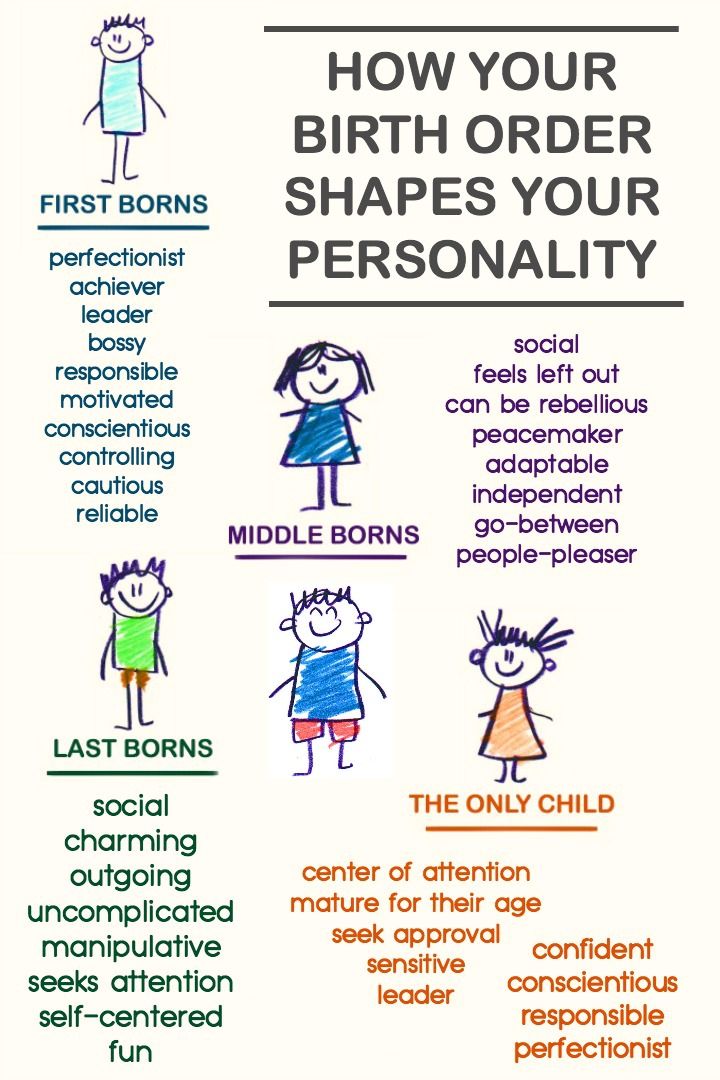 Victims of domestic violence and their relatives plan to issue a "protective order" for a while, while the "tormentor" will undergo psychological courses. This initiative is contained in the bill, which is being prepared by deputies and senators. As Oksana Pushkina, deputy chairman of the Duma Committee on Family, Women and Children, said during the broadcast at the Clubhouse, this will be done by the police. According to the bill, after the incident, the alleged initiator of violence cannot be near the alleged victim of the conflict and her or his relatives for some time. At the same time, she clarified that if the “offender” has nowhere to go, then they will offer the injured party to leave - to the nearest crisis center or a "resource apartment" that should appear throughout the country if the law comes into force. "Only in our law and in our country is this possible, we think about these people who torment us," Pushkina added. According to the deputy, now in Russia there are about 15 crisis centers.
Victims of domestic violence and their relatives plan to issue a "protective order" for a while, while the "tormentor" will undergo psychological courses. This initiative is contained in the bill, which is being prepared by deputies and senators. As Oksana Pushkina, deputy chairman of the Duma Committee on Family, Women and Children, said during the broadcast at the Clubhouse, this will be done by the police. According to the bill, after the incident, the alleged initiator of violence cannot be near the alleged victim of the conflict and her or his relatives for some time. At the same time, she clarified that if the “offender” has nowhere to go, then they will offer the injured party to leave - to the nearest crisis center or a "resource apartment" that should appear throughout the country if the law comes into force. "Only in our law and in our country is this possible, we think about these people who torment us," Pushkina added. According to the deputy, now in Russia there are about 15 crisis centers.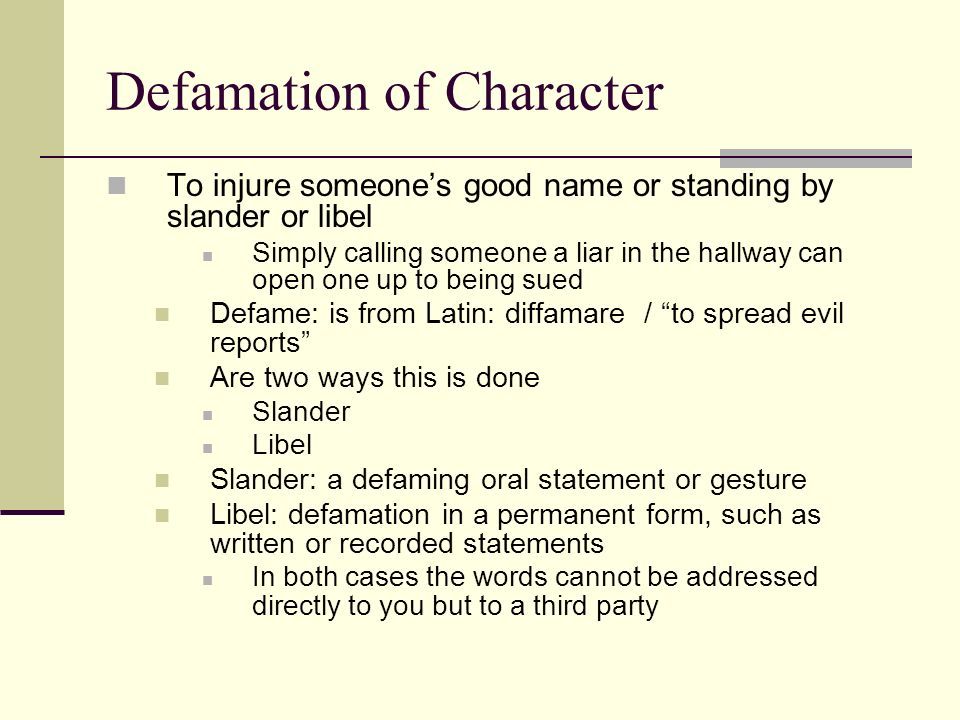 They help the victim both legally and psychologically. Pushkina stressed that the "protective order" will work for a short time, during which the "tormentor" will have to take special courses, for example, in dealing with anger. The creators of the bill specified that the initiator of domestic violence could be not only a man. "It could be a negligent daughter who beat her mother and persecuted her mother and knocked pension money out of her, let's say," one of the authors of the initiative noted. The project will not be submitted for consideration before the State Duma elections, so that, as Pushkina noted, "do not disturb people."
They help the victim both legally and psychologically. Pushkina stressed that the "protective order" will work for a short time, during which the "tormentor" will have to take special courses, for example, in dealing with anger. The creators of the bill specified that the initiator of domestic violence could be not only a man. "It could be a negligent daughter who beat her mother and persecuted her mother and knocked pension money out of her, let's say," one of the authors of the initiative noted. The project will not be submitted for consideration before the State Duma elections, so that, as Pushkina noted, "do not disturb people."
https://ria.ru/20210209/nasilie-1596688186.html
https://ria.ru/20201125/nasilie-1586278157.html
Russia
RIA Novosti
9000 9000 5,0002 4.796
7 495 645-6601
FSUE MIA "Russia Today"
https: //xn---c1acbl2abdlkab1og.xn-p1ai/AVARDS/
2021 9000 9000 9000 9000 RIA Novosti
1
5
4. 7
7
96
7 495 645-6601
Rossiya Segodnya
https://xn--c1acbl2abdlkab1og.xn--p1ai/awards/
News -RU
https://ria.ru/docs/about/copyright.html
https://xn--c1acbl2abdlkab1og.xn--p1ai/
RIA Novosti
1
5
4. 96
7 495 645-6601
Rossiya Segodnya
MOSCOW, March 9 - RIA Novosti. Victims of domestic violence and their relatives plan to issue a "protective order" for a while, while the "tormentor" will undergo psychological courses. This initiative is contained in the bill, which is being prepared by deputies and senators.
As Oksana Pushkina, deputy chairman of the Duma Committee on Family, Women and Children , said during the broadcast at the Clubhouse, this will be done by the police. According to the bill, after the incident, the alleged initiator of violence cannot be near the alleged victim of the conflict and her or his relatives for some time.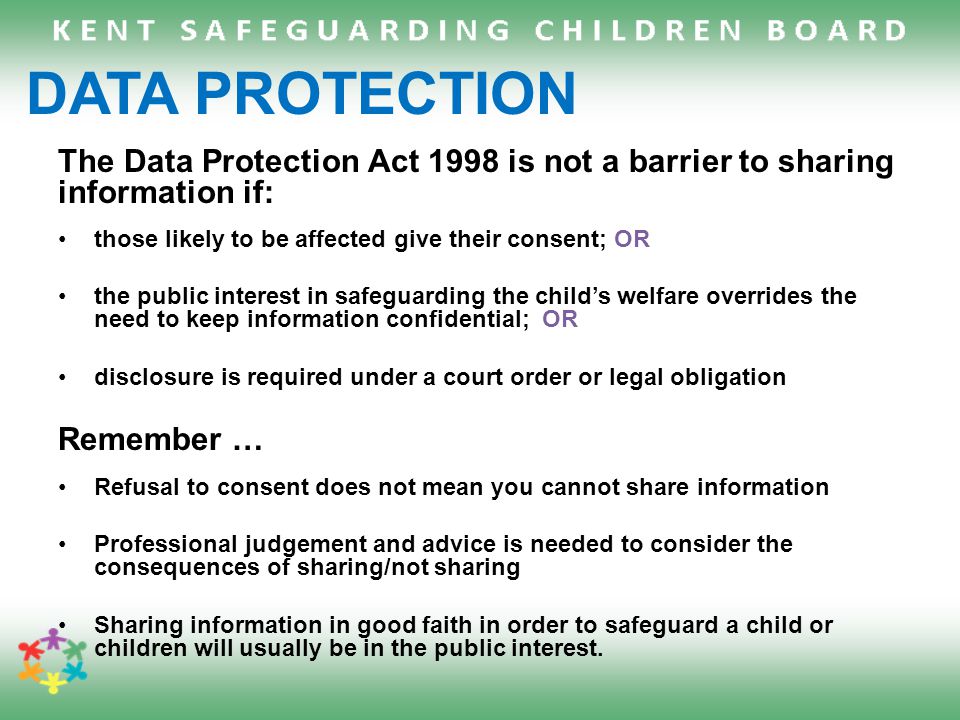
"He is not deprived of this housing, only this decision is made through the court. He or she will have to go. Where - this will be one of the preventive and moral and psychological measures. Next time you will think before you start all this," she noted deputy.
At the same time, she clarified that if the "offender" has absolutely nowhere to go, then the injured party will be offered to leave - to the nearest crisis center or "resource apartment", which should appear throughout the country if the law comes into force.
"Only in our law and in our country is this possible, we think about these people who torment us," Pushkina added.
According to the deputy, there are now about 15 crisis centers in Russia. There, the victim is helped both legally and psychologically.
February 9, 2021, 15:31
Cases of domestic violence may be entrusted to investigators .
The authors of the draft law specified that not only a man can be the initiator of domestic violence.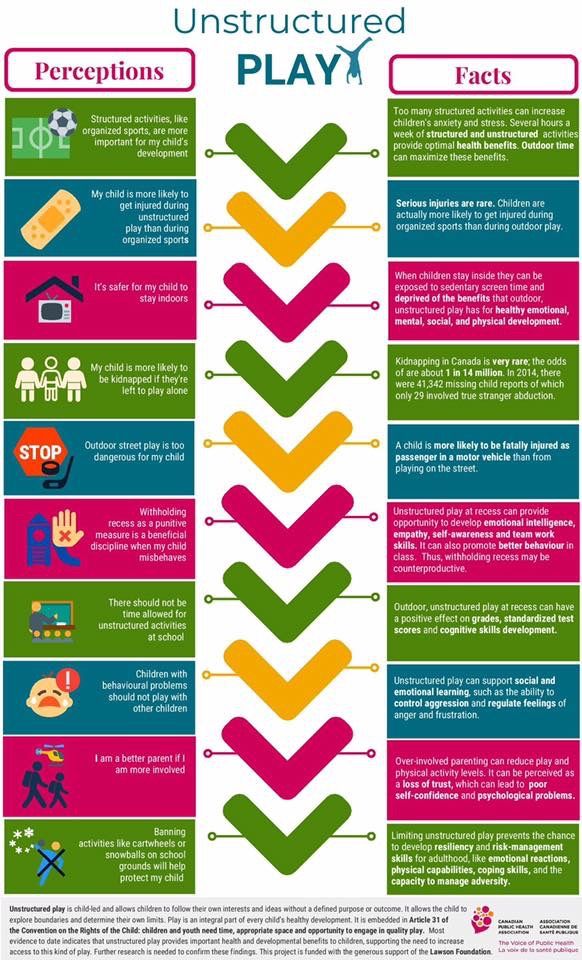
"It could be a negligent daughter who beat her mother and persecuted her mother and beat her pension money out of her, let's say," one of the authors of the initiative noted.
The project will not be submitted for consideration before the elections to the State Duma, in order, as Pushkina noted, "not to disturb people."
November 25, 2020, 15:34
An expert told which families are more likely to experience domestic violence
Protection for statistics. What is a protection order and why it doesn't work as intended
Statistical Protection. What is a protection order and why it does not work as intendedAisymbat Tokoeva
Kyrgyzstan
May 28, 2020, 14:40
Domestic violenceTexts
family. According to the law, there is a special mechanism for protecting victims - protection orders. They have been issued since 2003, and three years ago the procedure for issuing it was seriously updated.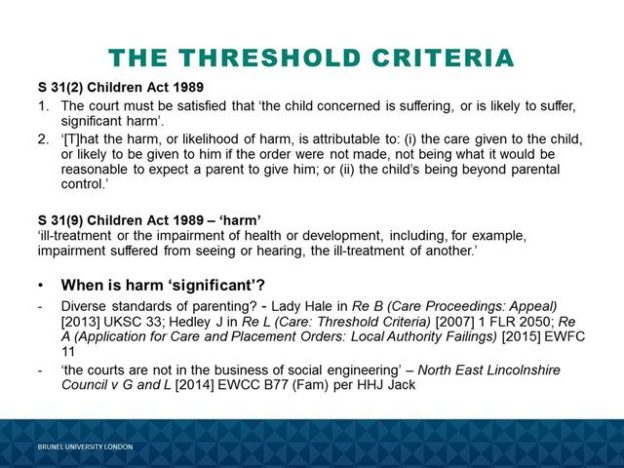 Mediazona found out whether protection orders help victims of domestic violence and why this tool does not always work.
Mediazona found out whether protection orders help victims of domestic violence and why this tool does not always work.
Beat, gave painkillers, beat
Cholpon, a resident of Bishkek, ran away from her husband in December 2019. According to her, her husband kept her at home and beat her for two days, preventing her from seeking medical help. When a woman complained of pain, he gave her ketonal.
“He hit his one-year-old daughter with his hand. I stood up for her and pushed him lightly, and he answered: "This is my daughter, I will do what I want." We had a fight. He hit me on the head with the TV remote control. And the next day I came home from work and for no reason started beating me,” she recalls.
Having escaped, Cholpon went to the hospital. Her zygomatic bone and nose were broken, doctors diagnosed a concussion and contusion of the left eye.
On the fact of beating, the police opened a case under Article 75 of the Code of Misdemeanors (domestic violence).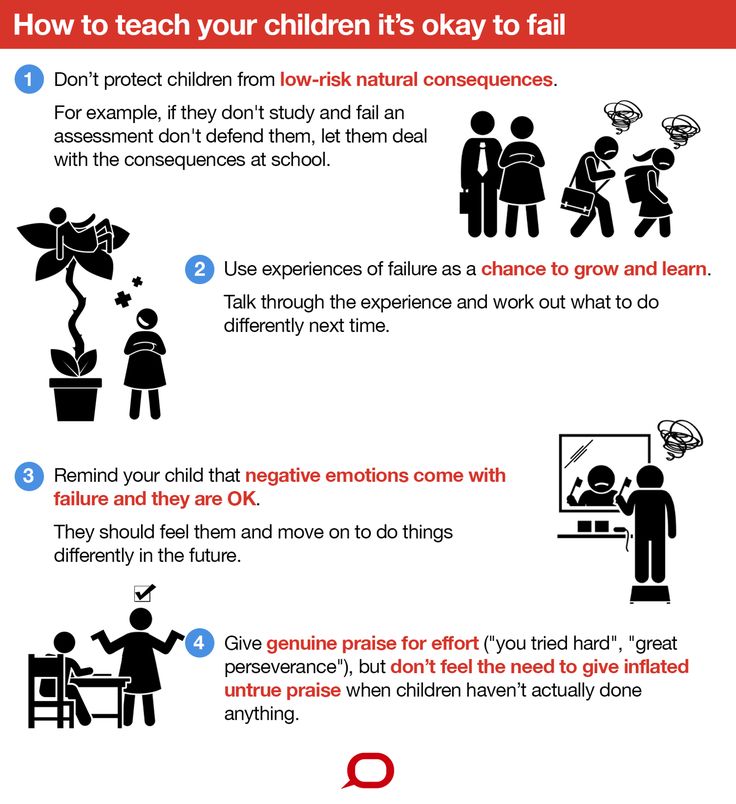 Cholpon learned about the existence of a protective order from the interrogating officer who was in charge of her case.
Cholpon learned about the existence of a protective order from the interrogating officer who was in charge of her case.
"He said: 'The protection order is useless, it won't help in any way, it's only given for three days, you don't need it, it's better not to leave the house.' I listened to him and didn't take the protection order. Then I constantly called the investigator and said that my husband was coming [with threats]. To which the investigator said: “call 102,” says Cholpon.
Cholpon decided to stay with her parents. The husband began to come to them: he threatened that he would beat or kill her again if she did not return.
“When my husband came for the last time with his parents, my dad wouldn't let him go home, and he brought some policemen and started threatening me. Then my parents told me to call 102. I called, they registered me, and they took my husband,” the girl says.
The next day, the district police officer issued her a protection order for three days, after the expiration of the term, Cholpon must again come to the police and extend it for 30 days.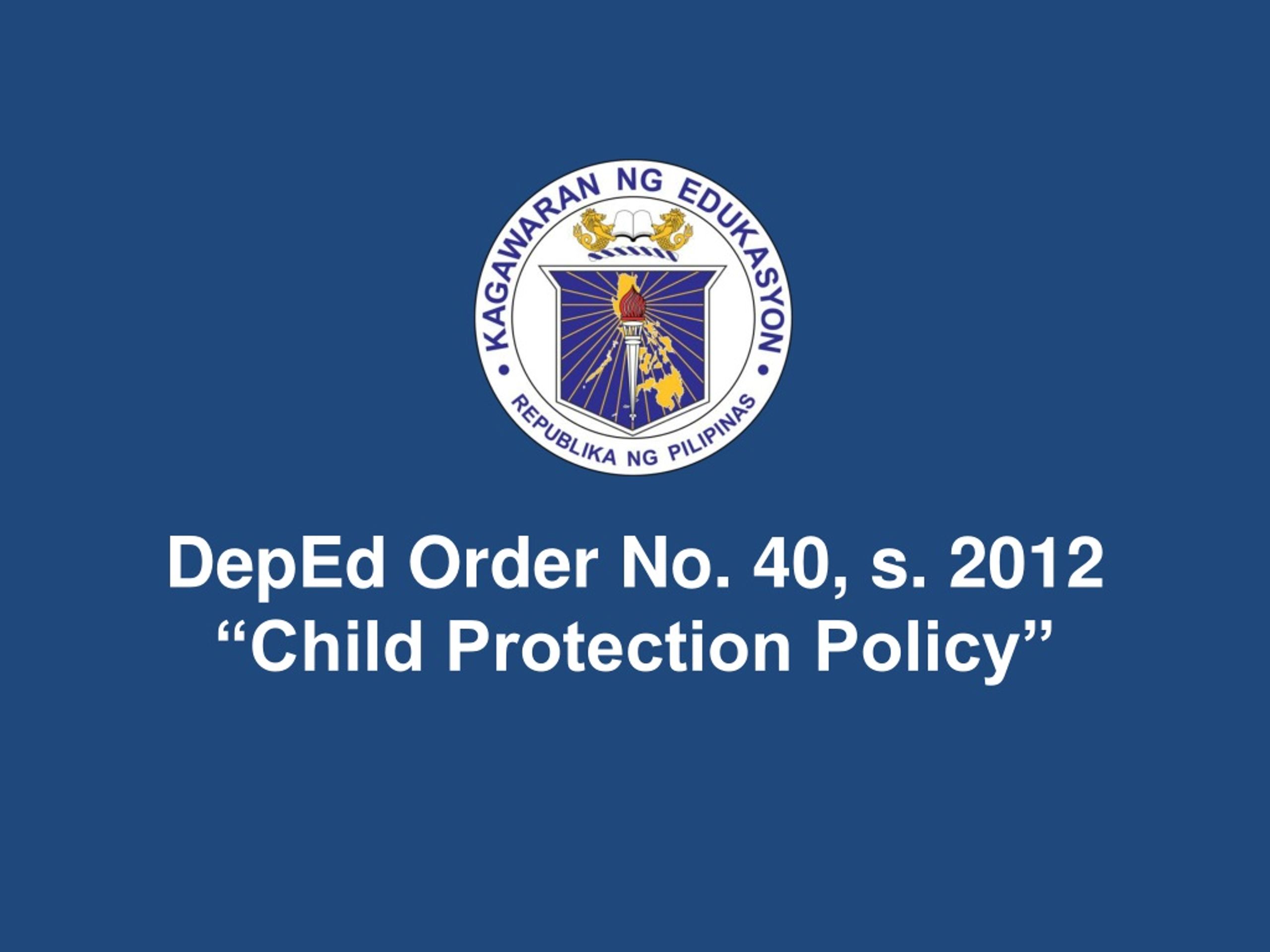
“I called [the station] and said I couldn't renew. My health does not allow me to go there, and with a child I can not. Then they said that I wouldn’t be able to prolong it even if I come tomorrow - they say, today was the last day, ”says Cholpon.
Later, at the Sezim Crisis Center, where the girl applied for legal assistance, they explained to Cholpon that the protection order could be extended regardless of the terms. The girl did just that.
“The policemen doubted for a long time, called their superiors how [to do this]. I was very afraid because my husband was released under house arrest for a month. So I complained and asked for another extension of the protection order. My husband comes all the time, he still writes messages, ”says the girl.
Protection order: what it is and how it should work
A protection order prohibits aggressors from contacting their victims. It is valid for three days, but then it can be extended for 30 days. If the aggressor violates the terms of the warrant, he may be fined or subject to community service, and the very fact of the violation will be an aggravating circumstance in court.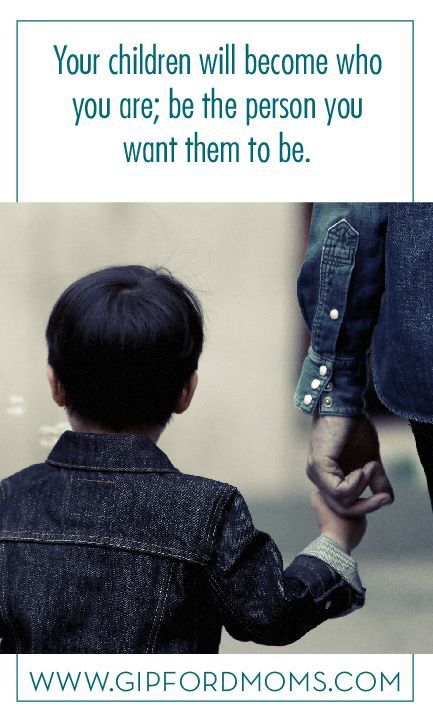
According to article 76 of the Code of Misdemeanors, the maximum fine for violating a protection order is 6,000 soms ($80), and community service is up to 60 hours.
A protective order may be issued to any family member who has been abused: a spouse, including those who are not married or divorced, a child or a parent.
The concept of economic and psychological violence is prescribed in the law, that is, a protection order can be obtained not only because of beatings.
The Ministry of Internal Affairs, in response to an inquiry from Mediazona, reported that the number of issued protection orders is constantly increasing: in 2019, 5,572 women received protection orders, 393 men and 168 children.
Any person can file a complaint about domestic violence: a neighbor, a witness to the incident, a relative of the victim or a social worker. The police are required to issue a protection order based on such a statement.
This is how it should work - but it doesn't work or doesn't work the way it should.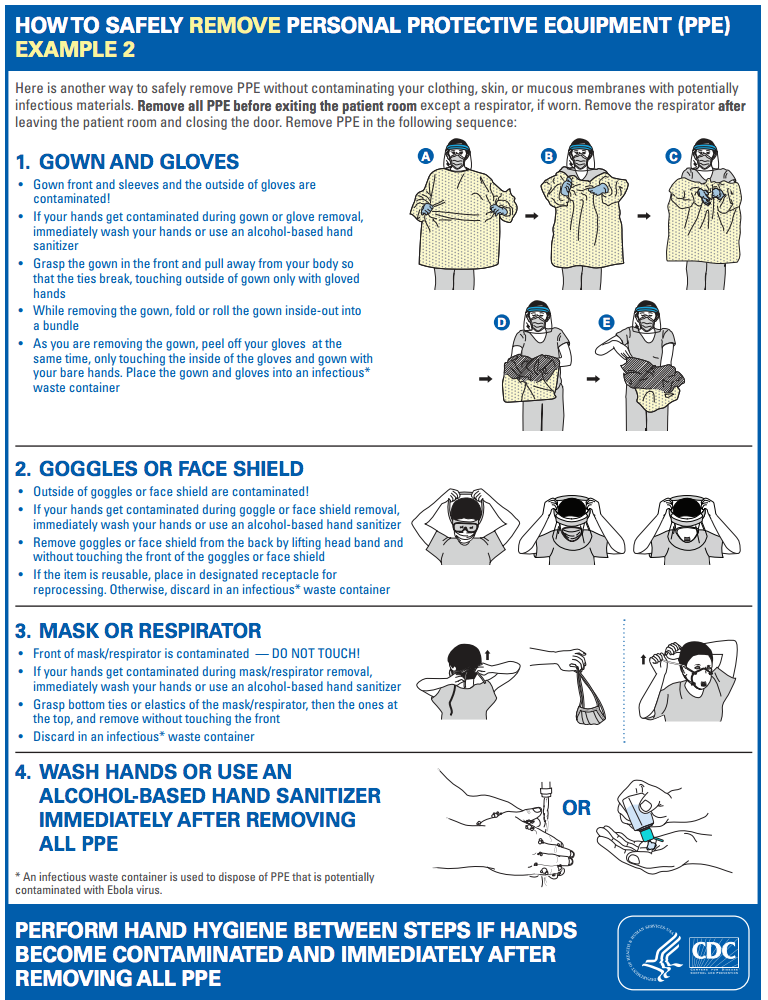
What is wrong with protection orders
Lawyer of the Sezim Crisis Center in Bishkek Rakiya Rakhmatova tells Mediazona that there are two main difficulties in obtaining a protection order: the police do not issue it without the lawyers’ cover letters, and the order itself needs to be renewed after three days.
Avazkan Ormonova, head of the DIA Foundation, which provides free legal and psychological assistance in Osh, talks about the third problem: not all victims are aware of this possibility.
Lawyers are asking the police to issue a warrant. Victims of domestic violence still contact them at the crisis center and say that the police did not accept the application, arguing: “this is your family and domestic problems,” says Rakhmanova.
“Until today, we write cover letters [to the police] at the location of the rapist: take action and, in accordance with the law, please issue a protection order to the victim. And then the police issue a protection order,” she explains.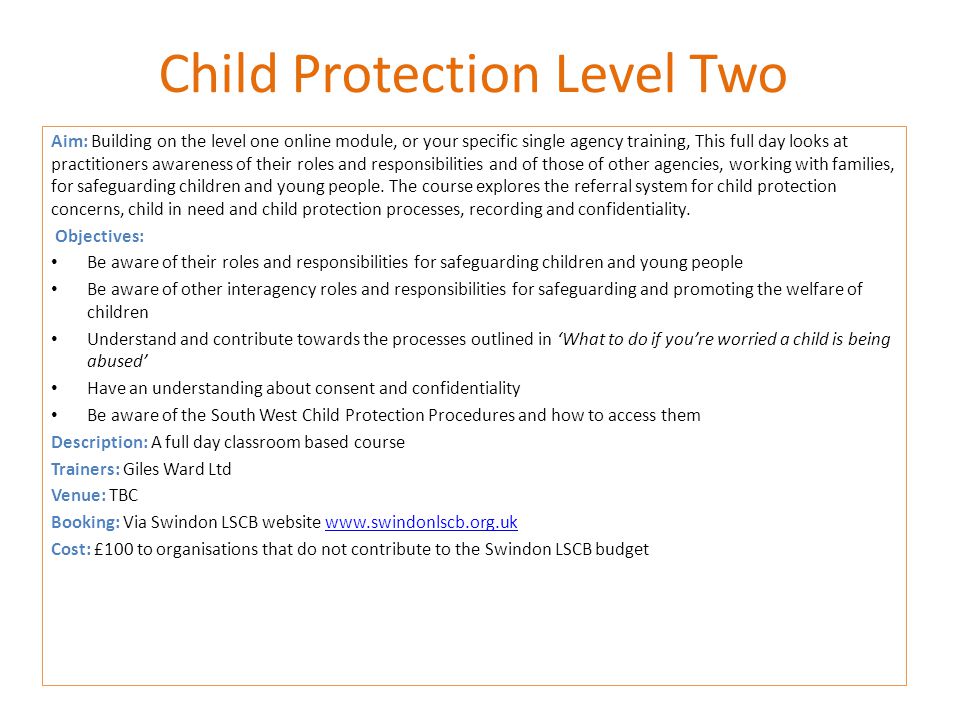
Counsel says that in her practice since 2003 the number of warrants issued has not increased. In her opinion, the issued warrants are needed by the Ministry of Internal Affairs for statistics.
“The attitude of the policemen has not changed [after the adoption of the law on domestic violence in 2003]. We have such militiamen who start to put pressure, and the woman is already so bad. There were women who came and cried that they insulted me [in the police] “You’re like a cow, you lie under it and give birth to six children and get hit in the head,” says the lawyer.
Violence during the pandemic
From March 22 to May 11, a state of emergency was in effect in Kyrgyzstan due to the coronavirus pandemic. During the first month of the emergency in Bishkek, the number of complaints of domestic violence increased by 62%.
After May 11, the authorities introduced quarantine and eased the restrictions a little. Due to the state of emergency and quarantine, crisis centers work remotely and consult by phone; victims of domestic violence are not accepted into shelters.
Three-day order needs to be renewed. The police issue the first protection order for three days at the request of any person (witness of violence or social worker). But after that, the victim or victim must independently come to the police and extend it up to 30 days.
“She, all beaten up, wrote a statement to the police, confident that the state would protect her, received a protection order and went to the hospital for treatment or ran away so as not to see [the aggressor]. There are such aggressive men who are looking for their prey for days, nights and months in order to complete what they started. These are the women who are forced to leave their safe zone in order to write a second statement that “please extend my warrant for 30 days,” says Rakhmatova.
Not all victims are aware of the protection order. This problem is more common in rural areas, says Avazkan Ormonova, head of the DIA Foundation.
“It is very difficult to say that there is growth in rural areas.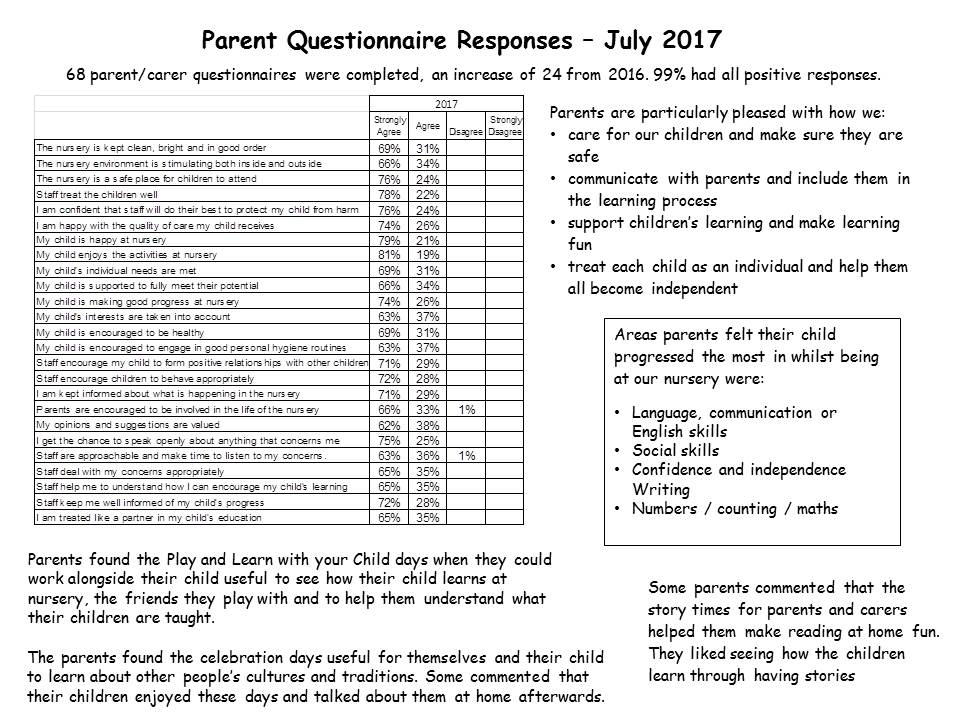 Maybe in one ayil okmotu people received one and a half or two times more, but in another, in fact, no one received,” the human rights activist says.
Maybe in one ayil okmotu people received one and a half or two times more, but in another, in fact, no one received,” the human rights activist says.
According to her, very few girls know about protection orders and try to get them. “In February, two women ended up in [the hospital] with broken noses, one of them managed to get the Istanbul Protocol and a protection order issued. The other one couldn't. She came to our foundation, we explained and advised her. But the policemen did not give her a protection order. She says that she has nowhere to go with her children, that she will stay at home with her husband,” says Ormonova.
“It's normal for cops”
In Aizada's family, the father drinks and makes scandals throughout the marriage - more than 20 years. The girl and her mother contacted the Bishkek police in early March. At the time, they didn't know about the existence of the protection order. Turning to the police, the women hoped to get protection from the aggressor and calm him down.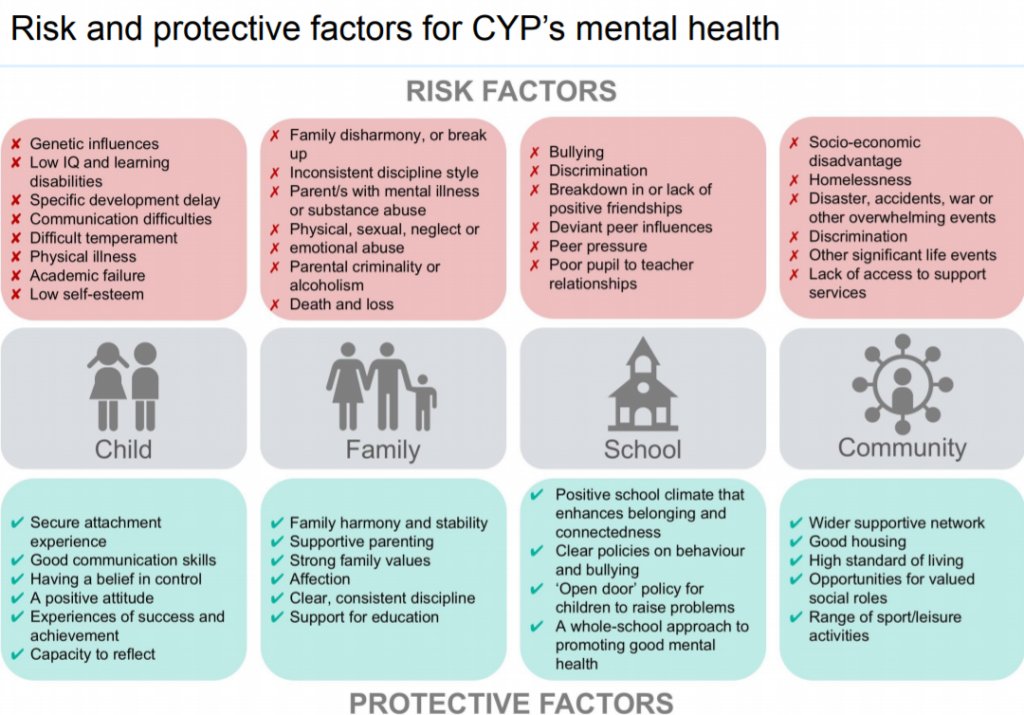
That evening, Aizada's father, in a drunken stupor, tried to attack her mother, then got into a fight with her brother - that is, with his son. By the end of the evening, the man took knives and threatened his family that he would kill them.
“My mother took the knives away with force, and my father began to threaten her to give her back. Then I took them from my mother and quickly threw them out of the balcony. I didn’t let my brother and father get close to each other, because I was sure that it would come to death. At that moment, I realized that things would not go on like this, I asked my mother to call the police, ”recalls the girl.
My father was taken to the police station, the girl and her mother followed them in a taxi. At the police department, Aizada's mother was issued a protection order for three days. The policemen said that the warrant would be extended for 30 days if during this time the man “raises his hand again”.
“Father was taken to the narcology department, where they wrote a conclusion that he was in a state of intoxication, and brought him back to the police station. Having called the police, we hoped that he would be taken to a psychiatric hospital or that he would stay in the Internal Affairs Directorate for a couple of days. But we were told that he would come home with us, as there was no evidence of violence, no cuts and no blood on the knives. The investigators said: “Sorry, we have such laws,” that is, they did not provide us with any security,” says Aizada.
Having called the police, we hoped that he would be taken to a psychiatric hospital or that he would stay in the Internal Affairs Directorate for a couple of days. But we were told that he would come home with us, as there was no evidence of violence, no cuts and no blood on the knives. The investigators said: “Sorry, we have such laws,” that is, they did not provide us with any security,” says Aizada.
The next day, having sobered up, the father threatened Aizada's brother that he would kill their mother if "he was touched again."
According to the girl, the investigator blackmailed her father to extend the warrant, although he could not do it himself, without the victims. Then the man took 100 dollars from his mother and gave it to an employee of the Ministry of Internal Affairs.
After that, Aizada and her mother became disillusioned with the police. They did not renew the protection order.
“I finally realized that Kyrgyzstan is an asshole, where all women are subjected to violence, and for cops this is normal, as usual.